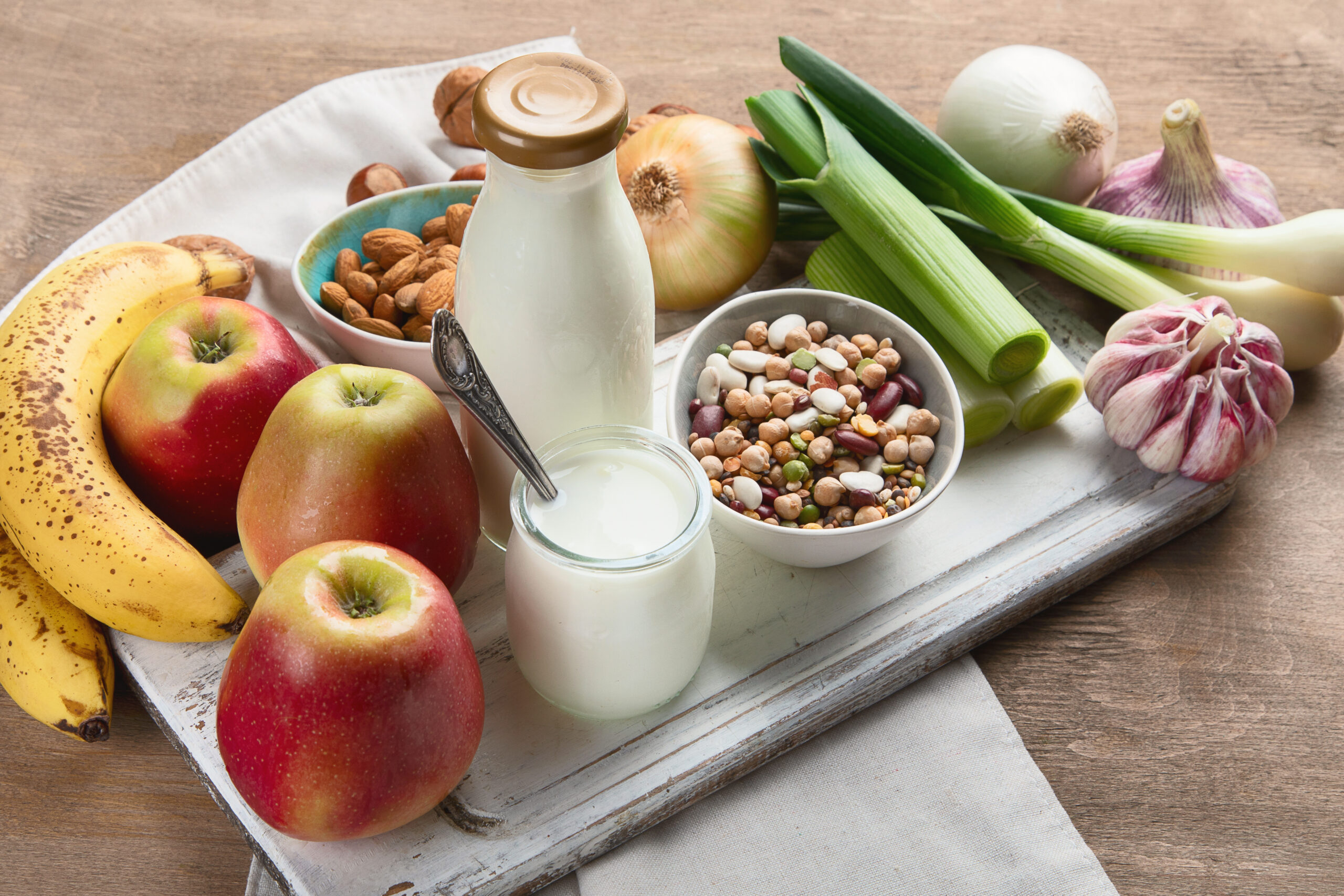Taking probiotics with antibiotics can reduce the risk of antibiotic-associated diarrhea and help balance your gut microbiome. With that being said, it’s important to allow the normal, diverse microbiome to repopulate the gut after taking antibiotics, and some research shows that taking probiotics can delay this re-colonization. Furthermore, some individuals appear to be more “resistant” to probiotic colonization than others, which highlights that there is no “one size fits all” approach. This is why it’s important to speak to your doctor and determine if taking probiotics and antibiotics together is the best approach for you, as well as discuss when testing is appropriate.
What probiotics are recommended to counter the potentially harmful effects of antibiotics on the gut microbiome?
– Lactobacillus rhamnosus GG and S boulardii have been shown to help prevent antibiotic-associated diarrhea.
When should you be taking probiotics with antibiotics?
– Probiotics should be taken at least 3 hrs after taking antibiotics so as not to cancel the effect of probiotics.
What else can I do to support the growth of normal gut bacteria?
– Don’t forget your prebiotics! These are food for bacteria in your gut. Some examples of prebiotic-rich foods are garlic, onion, bananas, chicory root, asparagus, oats, apples, etc.
Talk to your doctor to determine if you should take probiotics and antibiotics together. If you are immunocompromised, it is especially important to talk to your doctor as you may be at risk of a rare, but possible infection if taking supplemental probiotics. In rare cases and susceptible individuals, bacteria or yeast from taking probiotics can translocate from the gut into the bloodstream and cause an infection.
If you need additional support, call our office or make an appointment today. We would be glad to help you on your way to optimal health at our office in New York City. The team here is also licensed to help in New Jersey, Connecticut, and California.

